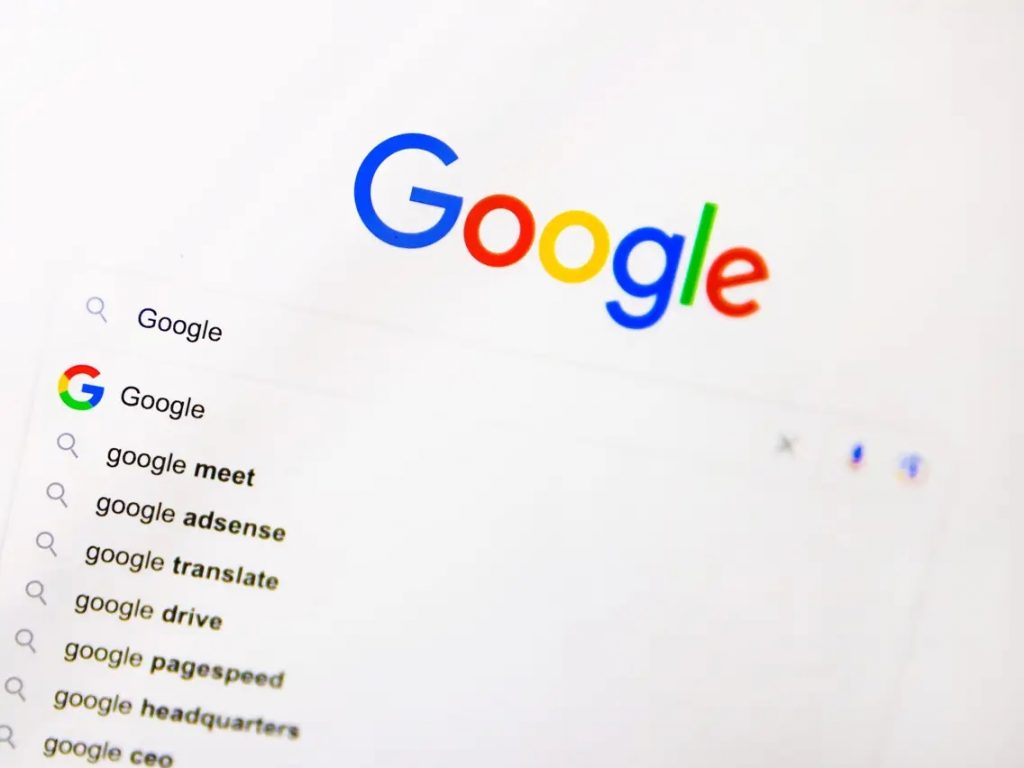US judge rules Google illegally maintained monopoly on online search

A US judge has ruled that Google acted unlawfully to eliminate competition and maintain its monopoly in online search and related advertising.
This landmark ruling, issued on Monday, is a significant setback for Alphabet, Google’s parent company, and may transform how tech giants conduct business.
In 2020, the US Department of Justice sued Google, citing its dominance over roughly 90% of the online search market.
This case is one of several brought against major tech companies as US antitrust authorities work to bolster competition in the industry.
The case has often been described as a fundamental threat to Google and its parent company due to their dominance in search and online advertising.
The penalties Google and Alphabet will face are yet to be determined and will be decided in a future hearing. The government has requested “structural relief,” which could potentially lead to the company’s breakup.
US District Judge Amit Mehta stated in his 277-page opinion that Google paid billions to ensure it remained the default search engine on smartphones and browsers. “Google is a monopolist, and it has acted as one to maintain its monopoly,” Judge Mehta wrote.
Alphabet intends to appeal the ruling. The company asserted that the decision acknowledged Google as the best search engine but unfairly restricted its availability.
“This decision recognizes that Google offers the best search engine, but concludes that we shouldn’t be allowed to make it easily available,” the company’s statement read.
US Attorney General Merrick Garland praised the ruling as a “historic win for the American people,” emphasizing that “no company – no matter how large or influential – is above the law.”
Federal antitrust regulators have also filed lawsuits against other major tech firms, including Meta Platforms, Amazon.com, and Apple Inc., accusing them of operating unlawful monopolies.
The ruling follows a 10-week trial in Washington DC, where prosecutors argued that Google spent billions annually to ensure its pre-installation as the default search engine on devices from Apple, Samsung, Mozilla, and others.

This expenditure, over $10 billion annually, secured a steady stream of user data, reinforcing Google’s market hold and preventing other companies from competing effectively.
Department of Justice lawyer Kenneth Dintzer emphasized the importance of defaults by pointing to Google’s substantial payments.
Google’s search engine is a significant revenue source, generating billions through advertising on its results pages. Google’s lawyers defended the company, claiming users prefer their search engine due to its utility and their investments to enhance consumer experience.
“Google is winning because it’s better,” stated Google’s lawyer John Schmidtlein during closing arguments. He also contended that Google faces fierce competition from other search engines like Microsoft’s Bing and specialized sites and apps.
Judge Mehta noted that being the default search engine is “extremely valuable real estate” for Google, making it difficult for new entrants to compete without substantial financial resources.
Another case against Google concerning its advertising technology is scheduled for trial in September. In Europe, Google has already faced hefty fines in monopoly cases.
Source-BBC




